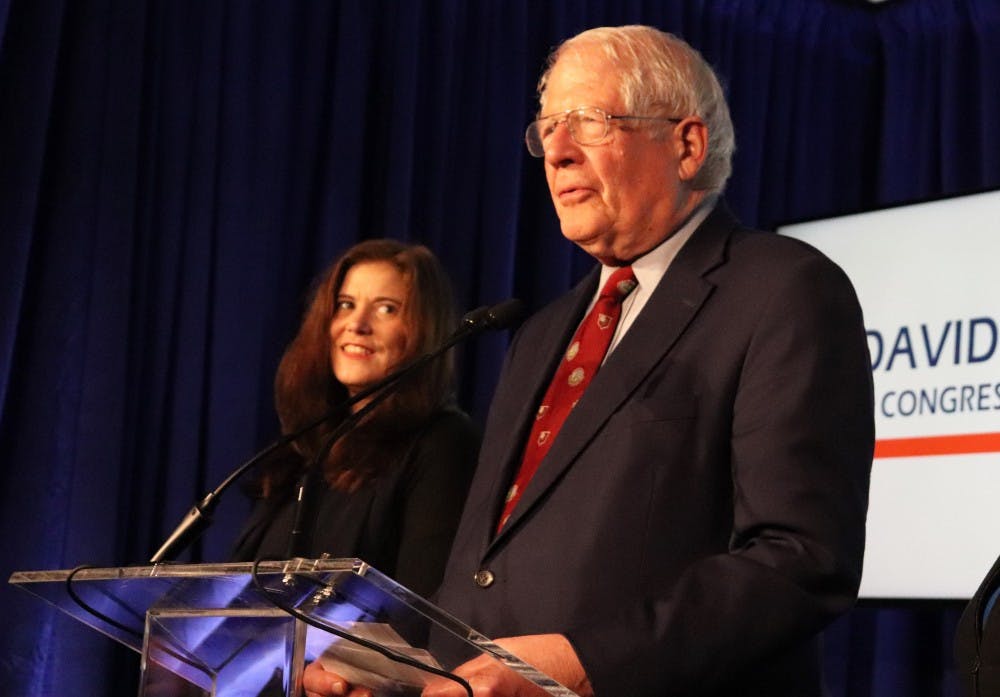In an effort to reduce some of the strain imposed by the ongoing federal shutdown, U.S. Rep. David Price, D-N.C., has introduced a bill that would reopen the U.S. Departments of Transportation and Housing and Urban Development.
With funds from 2018 expiring and no budget for 2019, a number of departments have been forced to shut down indefinitely. The shutdown has affected many citizens and businesses that rely on government services.
The bill is one of four individual appropriations that congressional Democrats plan on proposing to restore government services to the public.
Price's bill proposes $71.4 billion in discretionary funds for the DOT and HUD, $23.3 billion more than the amount requested by President Donald Trump. Price's proposal would total $1.1 billion more than the budget from the 2018 financial year.
Of these funds, $17 billion will be devoted to infrastructural projects, while the remaining $49 billion will be dedicated to fuel and aviation taxes.
Price has expressed concerns about risks to health and safety because HUD’s Real Estate Assessment Center has temporarily stopped its inspections of assisted housing units. The shutdown has also forced the National Highway Traffic Safety Administration and the Federal Aviation Administration training academy to close, which has suspended vehicle safety activities and reduced the aviation workforce.
Marion Mollegen McFadden, senior vice president of public policy at Enterprise Community Partners, a nonprofit organization that works to finance, build and advocate for affordable housing, stressed the impact the shutdown is having. She said she's concerned that communities across the country will remain unsure of the funding they can hope to receive through the Formula and Appropriation Process until a permanent spending bill is passed.
“With the government shutdown, they’re no closer to understanding how many of the projects that they have in their pipeline can actually be built or rehabilitated in the upcoming year,” she said.
McFadden said she was also concerned about affordable housing in North Carolina because certain projects need to apply for funding through this application.



